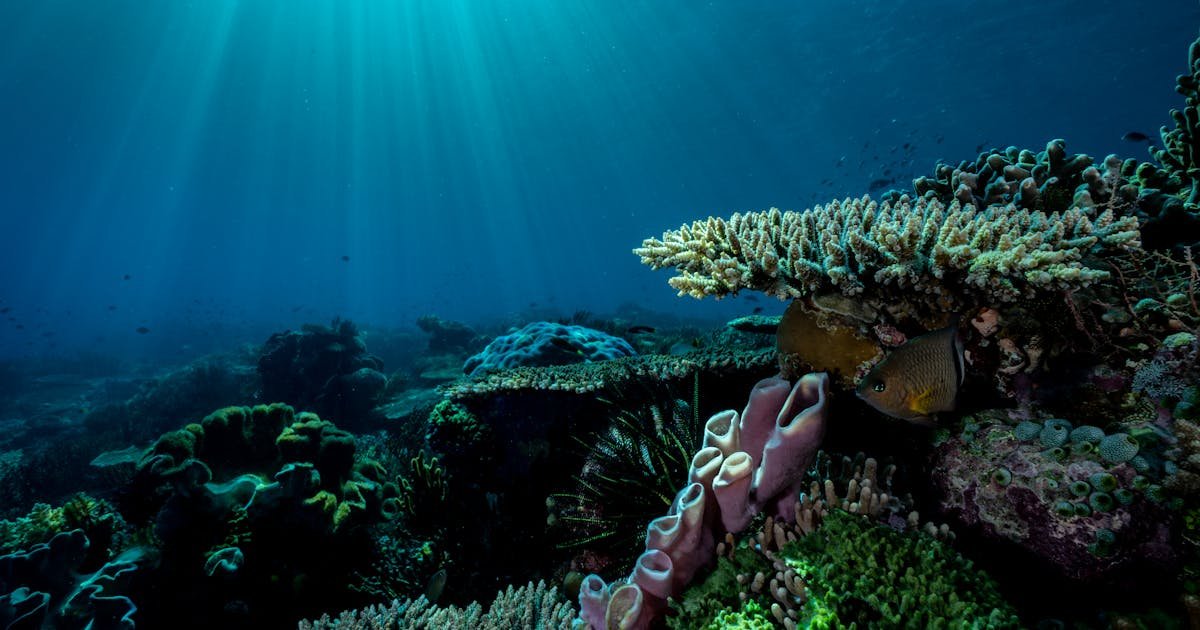In the third year of the sweeping global PBS series “Changing Planet,” Conservation International CEO M. Sanjayan explores how climate change is affecting some of Earth’s most vulnerable ecosystems — and the groundbreaking science that’s offering hope.
The newest installment of this seven-year series takes Sanjayan to the Maldives and the Florida Keys, where he follows pioneering scientists for an up-close look at their efforts to protect coral reefs.
Known as the “rainforests of the sea,” coral reefs support a quarter of all marine species and are the cornerstone of healthy ocean ecosystems. Not only do they provide habitats for more than a million plants and animals, they also help protect coastlines from storm surges, and are closely connected to seagrass beds and mangroves — both of which are powerhouses when it comes to sequestering planet-heating carbon.
Globally, more than 500 million people rely on coral reefs for food and livelihoods. But they’re quickly vanishing. Record heat, ocean acidification and pollution are all contributing to mass coral bleaching, which is only expected to get worse as climate change accelerates.
“We are at a tipping point,” Sanjayan said. “Half of all coral reefs have either been lost, or severely damaged and experts predict that without action, nearly all reefs could die off in the next few decades. Now, groundbreaking scientific innovations are offering a beacon of hope.”
“I’m taking a special, in-depth look at the crucial efforts to save coral and the innovative techniques that could bring reefs back to life,” he added.
“Changing Planet” season 3 premieres Wednesday, April 24, 8:00-9:00 p.m. ET. Check your local listings or stream on pbs.org and the PBS App.
Mary Kate McCoy is a staff writer at Conservation International. Want to read more stories like this? Sign up for email updates. Also, please consider supporting our critical work.





